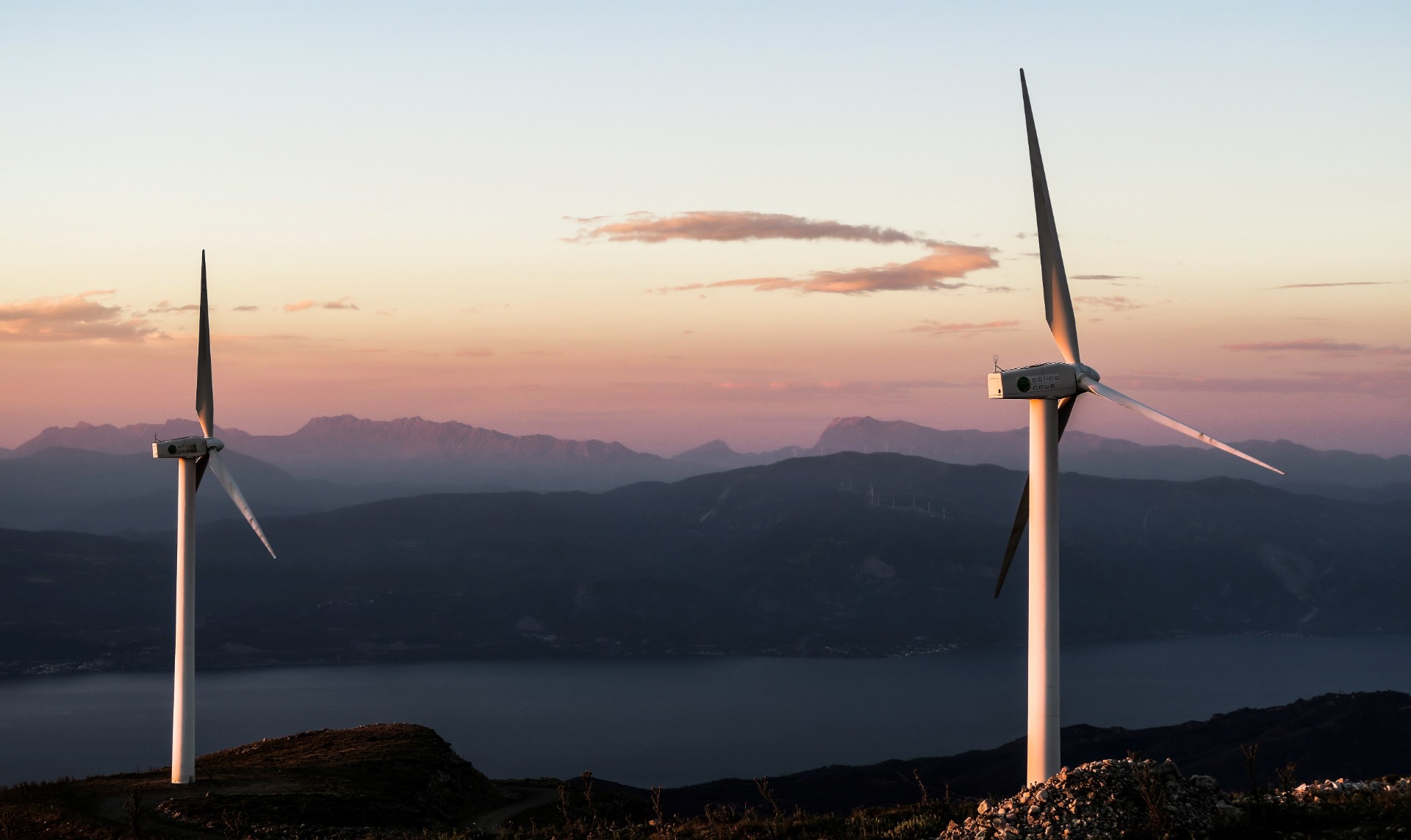
28 Jan 2021 / Market
In 2020, we saw an unprecedented number of sustainability commitments from states, companies and investors, providing hope that the goals of the Paris Agreement can be reached. So, what needs to happen next to make a sustainable, distributed energy market a reality? With the relevant EU regulation and necessary technology already established, here's what we, as a software company powering the green distributed energy world, hope for and expect to happen in 2021.
Energy communities and self-consumption
We expect to see strengthened prosumers and energy communities, as well as increased collective self-consumption of green energy. The EU has acknowledged their role as crucial drivers of the energy transition in its Clean Energy Package. In 2020, most EU member states made significant progress implementing the package's directives into national laws. This year, we foresee further advancements towards realizing citizen energy communities (CECs) and renewable energy communities (RECs).
Countries including Austria, the Czech Republic, Estonia, France, Greece, Ireland, Italy, Belgium (Wallonia and Flanders), Lithuania, Luxembourg, Portugal, Sweden and Slovenia adopted laws or submitted legal proposals on RECs, fully or partially applying the EU framework. Austria, Denmark, France and Flanders also have legislative proposals for CECs, while the Greek framework does not differentiate between RECs and CECs.
In Austria, the Renewable Expansion Act makes it possible to produce, store, consume and sell renewable energy in energy communities from this year. Up until now, this had only been permitted as test projects. The federal government has also announced support instruments, including reduced grid tariffs and an energy tax exemption.
As for the promotion of collective self-consumption - a key concept of the Clean Energy Package benefitting energy sharing and prosumers - Spain, France and Italy allow the use of the public grid, while most other members are so far limiting it to private wires such as in multi-apartment homes. Regrettably, some member states such as Croatia, Cyprus, Latvia, the Netherlands, Germany, Bulgaria, Romania and Slovakia have not yet introduced a collective self-consumption concept to their frameworks.
Germany, once progressive in its support for renewables, is lagging behind. As the first renewable plants installed twenty years ago reach the end of their subsidized lifespan, solutions that maximize self-consumption and provide efficient revenue for offering flexibility to the grid must be given more importance.
E-mobility
We hope to see an acceleration of the adoption of electric vehicles (EVs).
Flexibility from EVs and battery storage can make an invaluable contribution to grid stability, avoiding an unnecessary expansion of grid networks. The technology to use EVs as flexibilities and integrate them into household energy management already exists.
However, to leverage these technological possibilities, politics need to understand and embrace them, plus implement the required legal framework faster. Sadly, this isn't always the case.
In Germany, the recent discussions regarding a draft law concerning flexibilities (Steuerbare-Verbrauchseinrichtungen-Gesetz) are a prime example of established industry versus innovative technology thinking. They reflect the interesting conflict between a customer-centric proposition that puts empowered prosumers and market mechanisms at the center, and the more traditional infrastructural approach giving complete control to grid operators.
We propose that an innovative and market-based measure be adopted - time-varied network charges that would allow time-of-use tariffs. This is a customer-focused offer that encourages the use of green energy for charging and contributes to grid stability.
To further support the smart integration of EVs and other renewable energy plants and storage into the grid, a simplification of the metering process is needed.
Energy Tag Initiative
We hope to see widespread awareness of the importance of hourly accounting for green energy. We have been advocating for this since our foundation in 2013, instead of the current practice of matching renewable procurement to annual energy supply and demand. The work of EnergyTag, an independent, industry-led initiative to define and build a market for hourly electricity certificates is promising and we're excited to be part of the initiative alongside Microsoft, Google, Engie, Ovo Energy and many others.
Customer-centric products
We expect to see an increased number of customer-centric propositions being launched in the energy market in 2021. These will be released by existing utilities and new entrants working on novel approaches to energy supply that leverage innovative technology and broader sustainability offerings. As more and more players from outside the energy industry enter the market with sustainable offerings and traditional players transform their portfolio towards renewables, the sector will become greener.
At Lumenaza, we'll soon launch two new easy-to-manage and flexible ways to create smart green energy offerings that will speed up time-to-market and significantly reduce cost-to-innovate. Connect with us on LinkedIn and sign up to our newsletter to be the first to know when these are launched on the market.